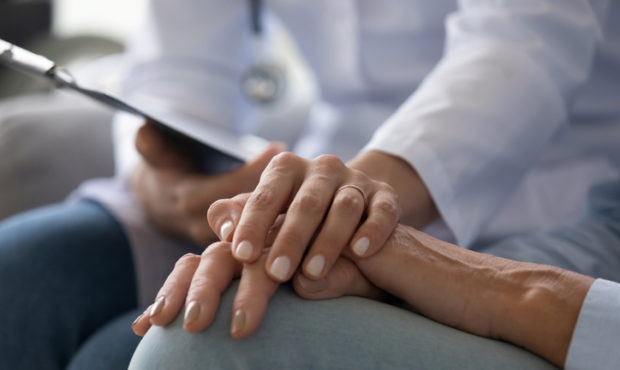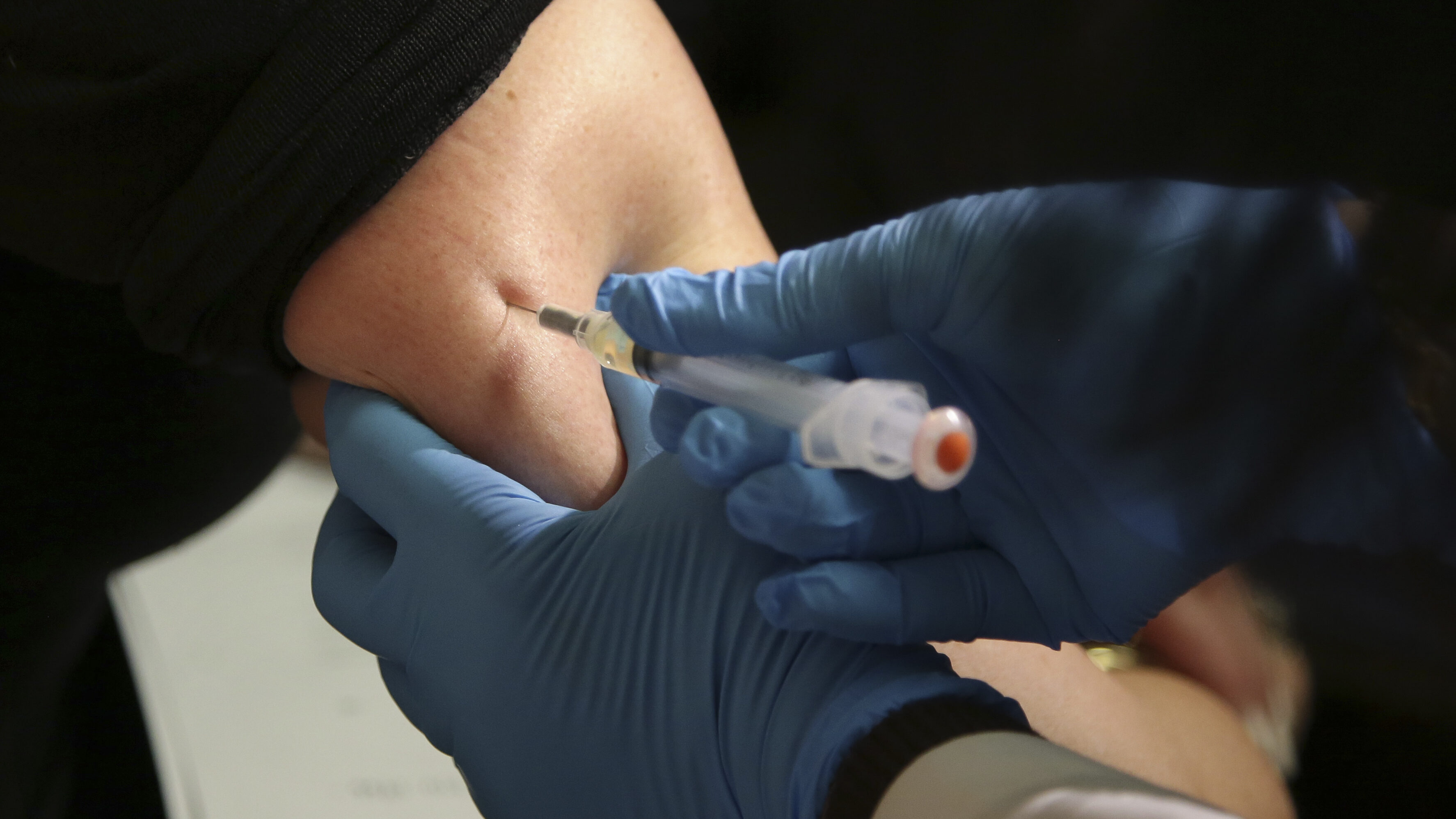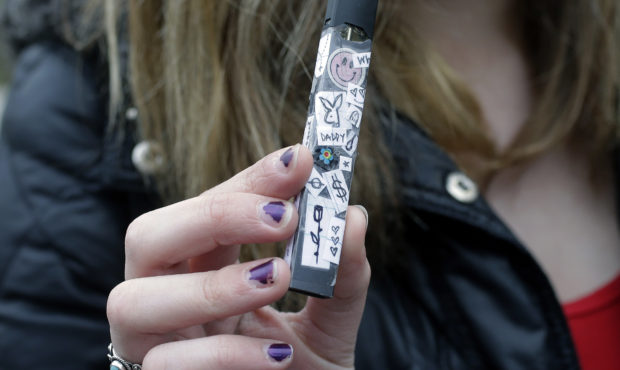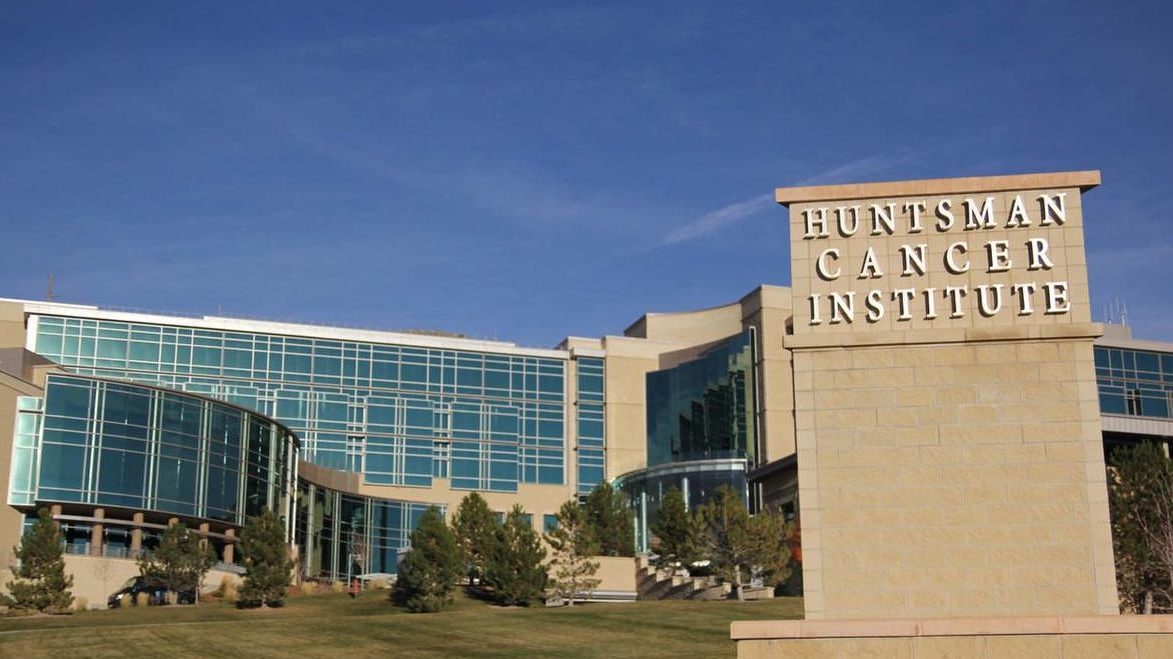Social support increases a patient’s odds of survival and longevity
May 18, 2021, 3:26 PM | Updated: 4:14 pm

File photo: Getty Images
PROVO, Utah — Social support contained in treatment can help medical patients live longer, according to a new study.
Brigham Young University (BYU) researchers found that patients who had “interpersonal relationship support interventions” saw a 29% increase in their probability of survival.
The study’s lead author, BYU counseling psychology professor Timothy B. Smith, said a patient is better able to cope and feels less distress when they have relationships and social support networks.
“Patients’ apathy, anxiety, uncertainty, etc. can prevent them from fully completing recommended medical treatments. Our data indicate that explicitly fostering patients’ motivation, coping strategies, social support, etc. improves their survival,” according to an abstract of the research.
RELATED: Local clergy, chaplains ready to again serve hospital patients in person
As an example, Smith says that a patient going to a doctor already doesn’t feel well. They may also feel nervous or anxious about the visit.
If you involve family members to take notes and help accountability, that’s going to help,” Smith said. “And if they get to know other patients with the same condition, and receive support from them, that’s going to help. So social support just helps many aspects of the patient’s experience in the medical system.”
The study’s co-author, BYU psychology professor Julianne Holt-Lunstad, said people connect relationships to emotional and mental well-being — but that relations are also crucial to physical well-being and survival.
“We’ve already known just how incredibly important it is for our health and survival, but this goes beyond that to the next step,” Holt-Lunstad said.
“This also demonstrates that steps taken in the medical setting can make a difference … this evidence shows that is the case,” she said.
Social support can benefit all patients
And this benefit is for patients of all age levels, from pediatrics to geriatrics where a patient might be struggling.
The study was published in Plos Medicine on Tuesday.
RELATED: BYU research shows teens need in-person school but more sleep
“There are very few treatments that reduce mortality to the extent that we just demonstrated in this study. It is truly remarkable for 5% of patients to not die, simply because they are receiving social support. That’s a message that absolutely could change modern medicine. It should change modern medicine,” said Smith.
Authors provide recommendations for implementing study findings
The study authors provided multiple recommendations for the use of their research. They include hospital and clinical support programs for patients. The need extends especially to patients at risk for not completing treatments.
Another suggestion involves hospitals and clinics. The authors suggest making these locations more family and caregiver-friendly.













